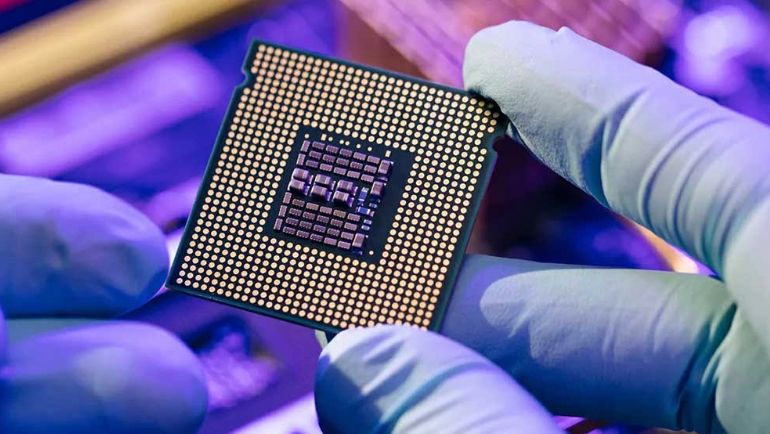
Dr. Gozde, assistant professor of electrical and computer engineering, received an NSF grant to train the next-generation semiconductor workforce.
Semiconductors are fundamental components of modern electronic devices — vehicles, computers, smartphones, video games and more. It's also big business — the global semiconductor market is expected to do so rise to $1.38 trillion in 2029. In order to achieve this prediction, a stronger workforce of manufacturers, engineers and fabricators is necessary to keep the supply chain intact, solve technological challenges and fuel US efforts for self-reliance in this industry.

A multi-institutional research team led by Gozde Tutunzuoglu, assistant professor of electrical and computer engineering at Wayne State University, has received a five-year, $766,136 grant from the National Science Foundation for a project titled “MSN Force: A Midwest Semiconductor Collaborative Network for Work Force Training.” This will be a joint effort among several institutions of higher education in the Midwest region—including Lorain County Community College, The Ohio State University, Purdue University, University of Michigan, and Youngstown State University—as well as with industry leaders and other research partners.
MSN Force intends to create a collaborative network that addresses the growing need for highly skilled workers in the semiconductor industry in the Midwest, a region with a top 10 increase in semiconductor employment. The ultimate goal is to create a model that can be scaled nationally to meet the growing demand for semiconductor chips and maintain US leadership in this critical field.
“We look forward to working together to train a new generation of innovative, efficient and inclusive semiconductor workforce aligned with industry demands and to provide equitable access to semiconductor education for a wide range of learners.” said Tutuncuoglu, who also leads Wayne State's New Materials and Devices (NOMAD) research group.
The consortium will develop and execute a comprehensive curriculum that guides students through all stages of semiconductor manufacturing, from design and assembly to packaging and test. Emphasis is placed on experiential learning, strong industry engagement and equitable access to educational resources.
Over the course of a five-year program, MSN Force plans to provide in-person training for up to 100 students, as well as virtual training opportunities to expand the program's reach.
Co-principal investigators of the project include; Mohammed Alhawariassistant professor of electrical and computer engineering at Wayne State University. Mohammed Ismailprofessor and chair of electrical and computer engineering at Wayne State University. Becky Peterson, associate professor of electrical engineering and computer science, and director of the Lurie Nanofabrication Facility at the University of Michigan. and Gerhard Klimeck, professor of electrical engineering at Purdue University. MSN Force is also supported by Midwest Semiconductor Network.
The grant number for this NSF award is 2332207.

